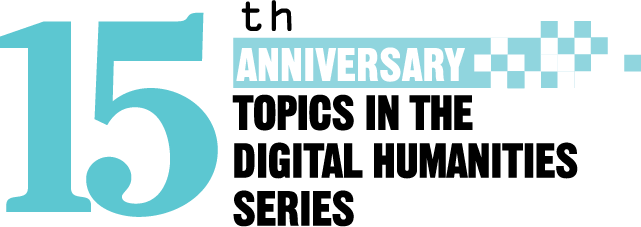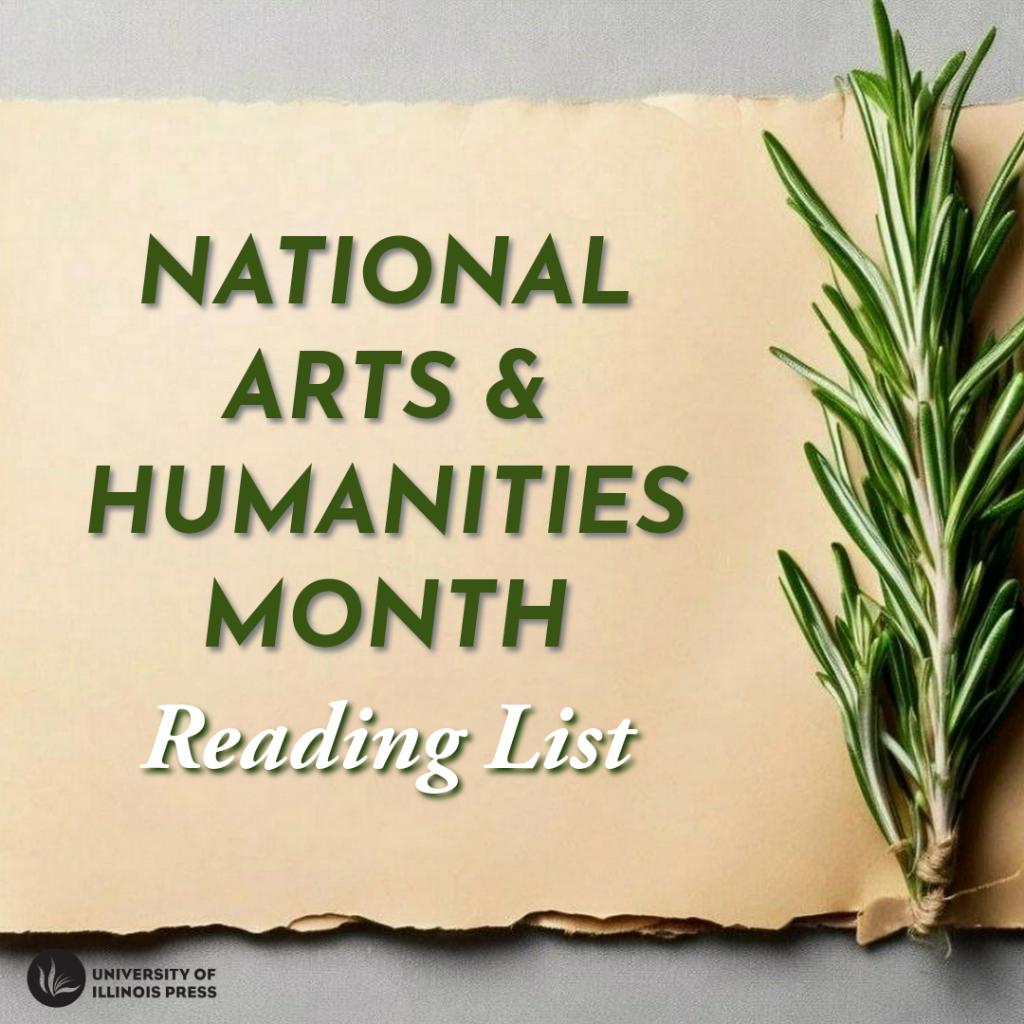October is National Arts & Humanities Month, dedicated to the artists and scholars contributing to moving humanities disciplines forward. Join us in honoring the importance of arts and humanities by checking out some articles we’ve highlighted from select journals below! And be sure to visit the University of Illinois Press website to check out our full list of humanities and social sciences journals. If you’re interested, you can also request that your library subscribe to any of our journals by filling out our Library Recommendation form here.
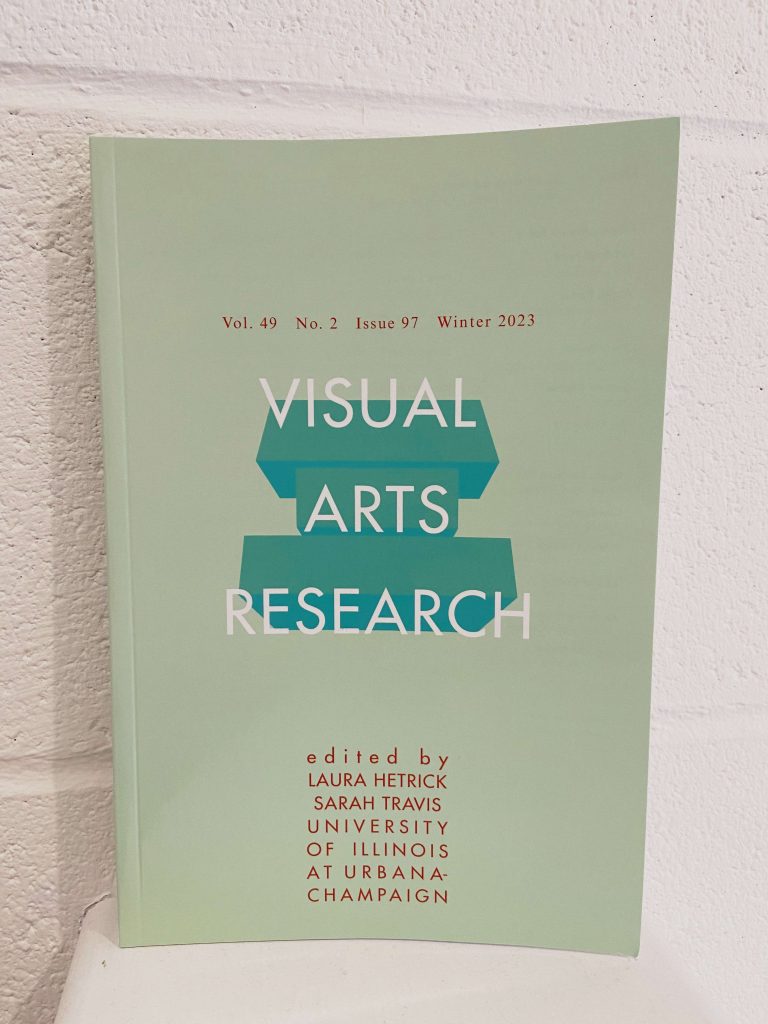
“Data Visualization of Artists’ Responses to Violence Against Women: Art Activism for Pedagogy”
by Lauren Stetz
Addressing the need to confront violence against women (VAW) within educational contexts, this article explores how data visualization can be used to understand entanglements of VAW across geographies, culture, religion, race, ethnicity, gender, sexuality, and political histories. Through the examination of art activism that emerges within digital places such as social media platforms, this research queries how art manifests within transnational online environments to highlight unique nuances of place and identity.
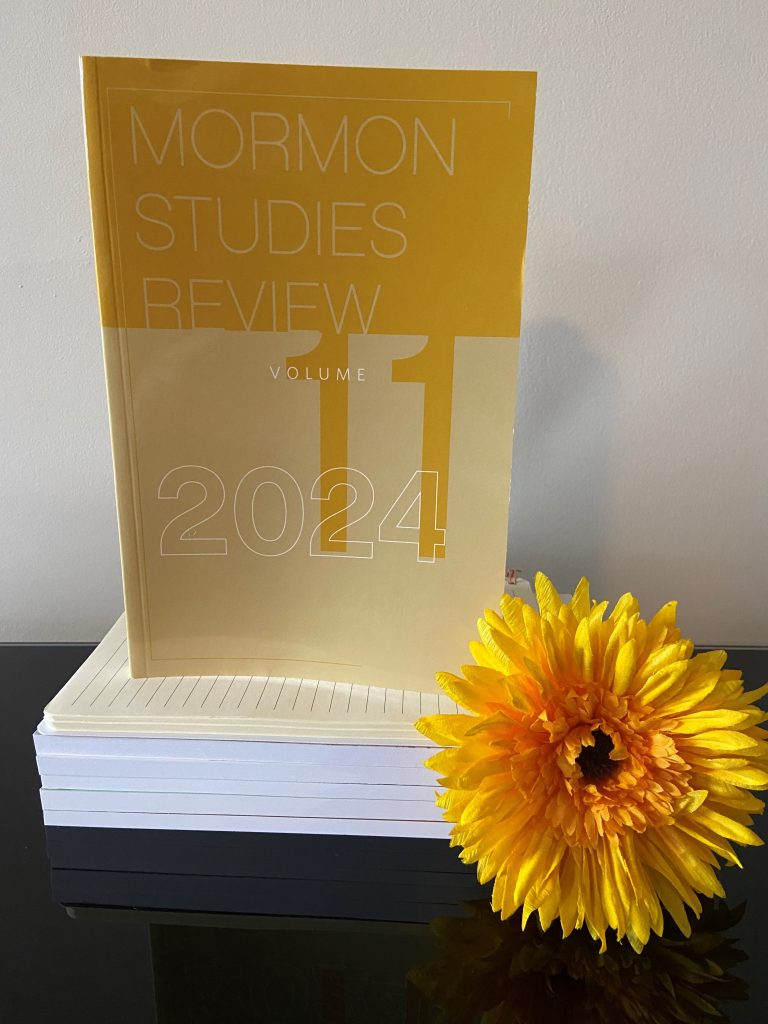
“Contemporary Temple Art and Landscapes of the Sacred”
by Colleen McDannell
Mormons have never been known?for their church art. From the 1980s until recently, Latter-day Saint temples have been built and decorated with little care taken as to how the visual arts might heighten the temple experience. What altered this disinterest toward temple art was the realignment of temple attendance within the devotional lives of Latter-day Saints. An Art Evaluation Committee was formed by the First Presidency in 2001 to recommend works of art for temples, meetinghouses, and special projects that supported the mission of the church.
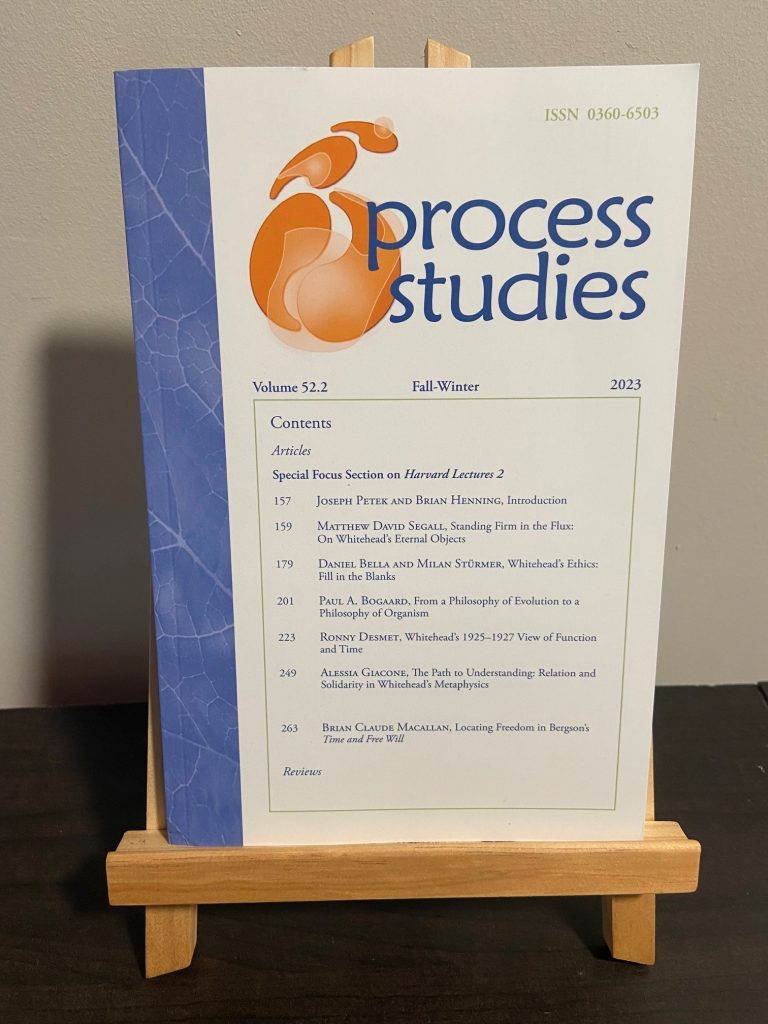
“Sand Talk: Process Philosophy and Indigenous Knowledges”
by Julien Tempone-Wiltshire
Through a close study of T. Yunkaporta’s 2019’s Sand Talk, this article explores fractal thinking and the pattern of creation in Indigenous cosmology; the role of custodianship in respectful interaction between living systems; and other aspects of Indigenous knowledge, beliefs, and cultural practices. Tempone-Wiltshire does not offer a process reading of Indigenous thought but rather demonstrates the significant contribution to process metaphysics that may be provided by an Aboriginal Australian perspective. Given that Indigenous Peoples’ Day is also celebrated in October, it really is the perfect month to give this article a read!
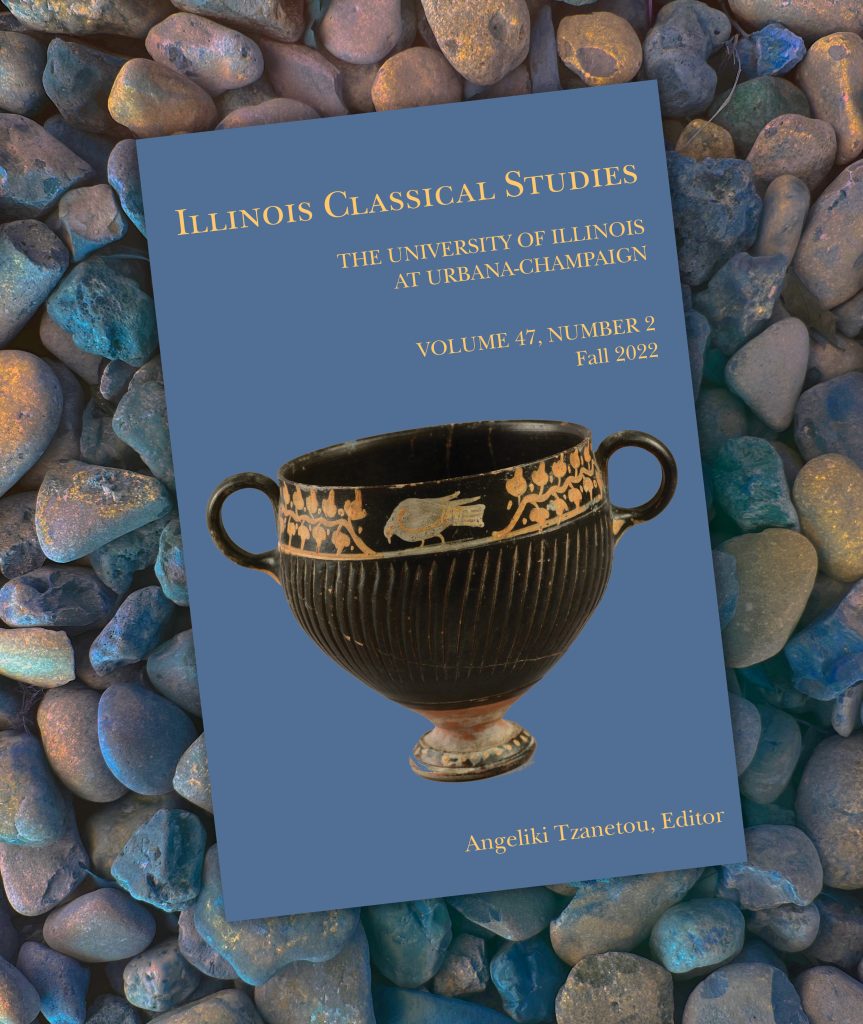
“Book-endings and Narrative Transitions in Tacitus’s Historiae”
by Claudio Buongiovanni
In recent years, there has been increasing discussion of the formal setup of closure and book-ending in ancient literature, with particular attention paid to the communicative strategies adopted by poets. This approach can also be applied to prose, and is especially fruitful in the case of Tacitus, who has been described as a “poet of history.” This paper aims to trace the formal methods and tools used by Tacitus to shape the narrative transitions from one book to another in his?Historiae?in order to identify possible connections between the narrative and the historiographical and ideological construction of events.
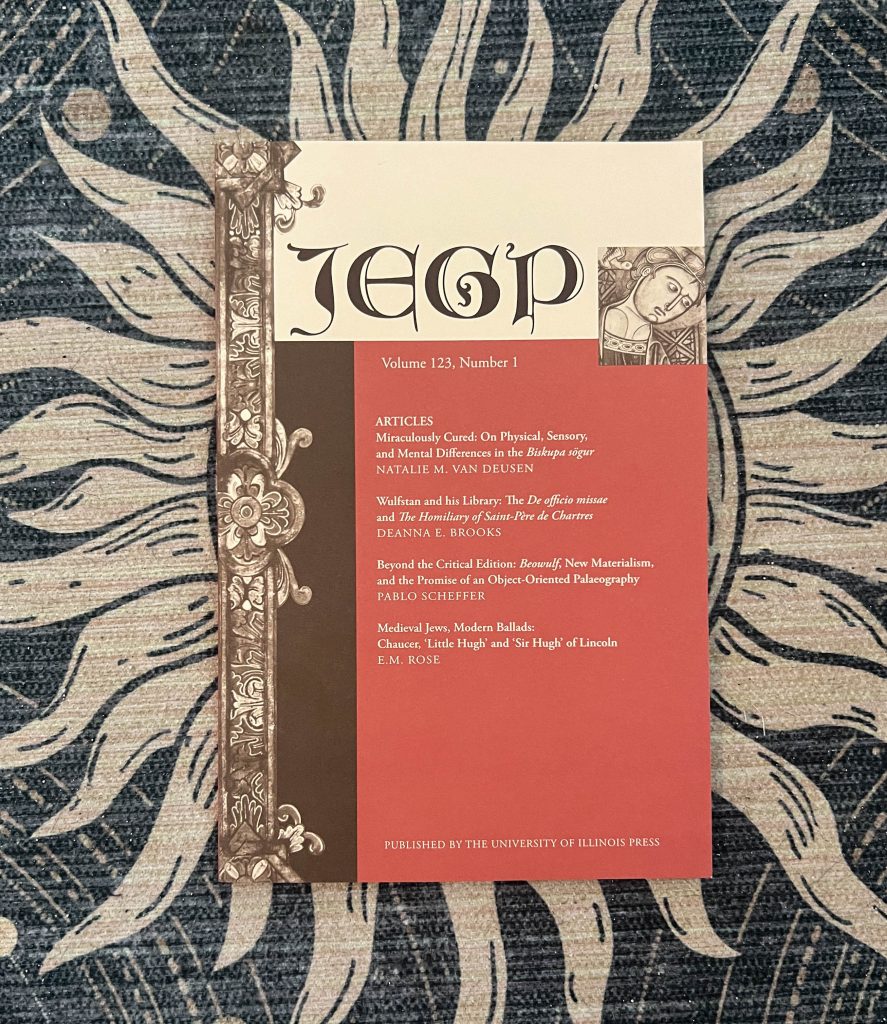
Journal of English and Germanic Philology
“The Genesis of Courtly Romance in Iceland”
by Marianne Kalinke
Scandinavians were introduced to medieval French literature in the early thirteenth century, when King Hákon Hákonarson of Norway (r. 1217–63) charged a certain Brother Robert with translating Thomas d’Angleterre’s courtly romance?Tristran?into Old Norse.?Here, Kalinke traces the history of this and other courtly romances that were translated into Norse and eventually reached Iceland, showing the impact of motifs borrowed from these works on later Icelandic sagas.
Anniversaries We’re Celebrating
Humanities computing is undergoing a redefinition of basic principles by a continuous influx of new, vibrant, and diverse communities or practitioners within and well beyond the halls of academe. These practitioners recognize the value computers add to their work, that the computer itself remains an instrument subject to continual innovation, and that competition within many disciplines requires scholars to become and remain current with what computers can do. Topics in the Digital Humanities invites manuscripts that will advance and deepen knowledge and activity in this new and innovative field.
